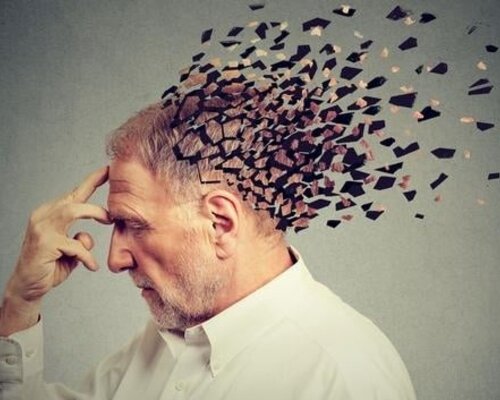Alzheimer's disease, usually associated with old age, can also affect younger people, albeit rarely. Paris-Saclay University conducted a study to compare the medical course of Alzheimer's in younger patients (younger than 63) with older patients (older than 65). The goal? To gain a deeper understanding of early-stage symptoms, since the rate of deterioration in younger patients is often alarming.
Symptoms: More than Memory Loss
The results were remarkable: compared with older patients, younger patients experienced remarkably fewer memory problems (38% versus 87%). However, the impact on information processing, behavior, language and visual-spatial skills was significantly greater.
Confusion with Burnout: A Pitfall
A troubling finding was that one-third of these symptoms are often incorrectly attributed to burnout or related disorders. In 26% of cases, patients are even referred for psychological treatment, further delaying the diagnosis of Alzheimer's. The reason for this confusion? The researchers point to differences in the location of brain lesions, with specific focus on the temporoparietal cortex in younger patients.
Importance of Awareness among Physicians
The crucial question that arises: how can physicians recognize these atypical symptoms in a timely manner? The answer lies in awareness. Physicians must be alert to abnormal symptoms because they indicate a different location of brain lesions. Distinguishing these atypical symptoms is essential to enable a rapid and accurate diagnosis of Alzheimer's disease.
Conclusion: Early Recognition for Effective Treatment
In light of these findings, it is clear that early recognition of Alzheimer's symptoms, especially in younger patients, is critical. With the knowledge of various symptoms, physicians can make the correct diagnosis and initiate treatment before the disease is more advanced. Raising awareness around these atypical presentations of Alzheimer's is a step in the right direction for effective management of this profound disease.





